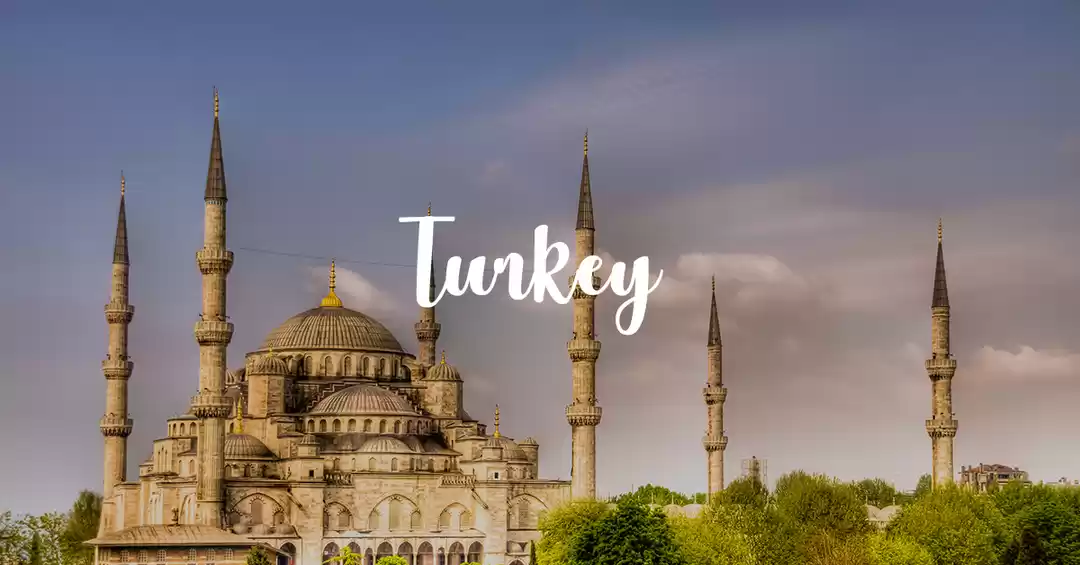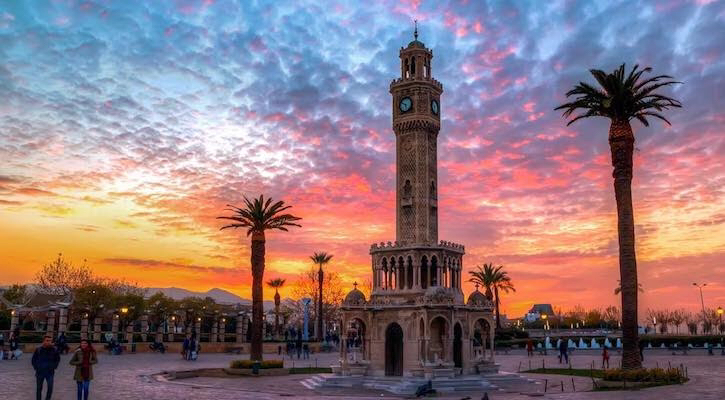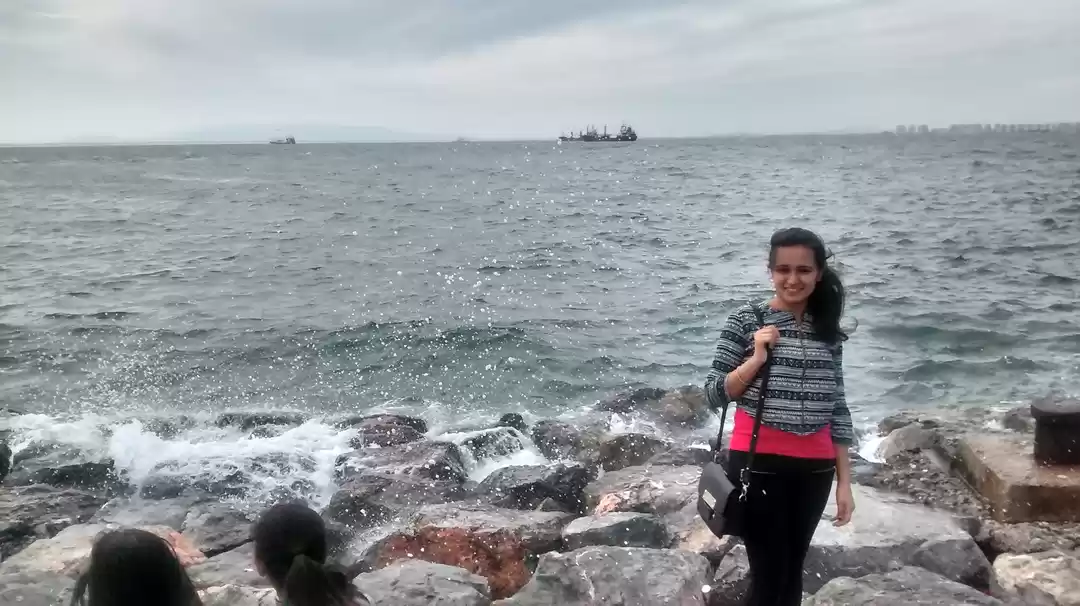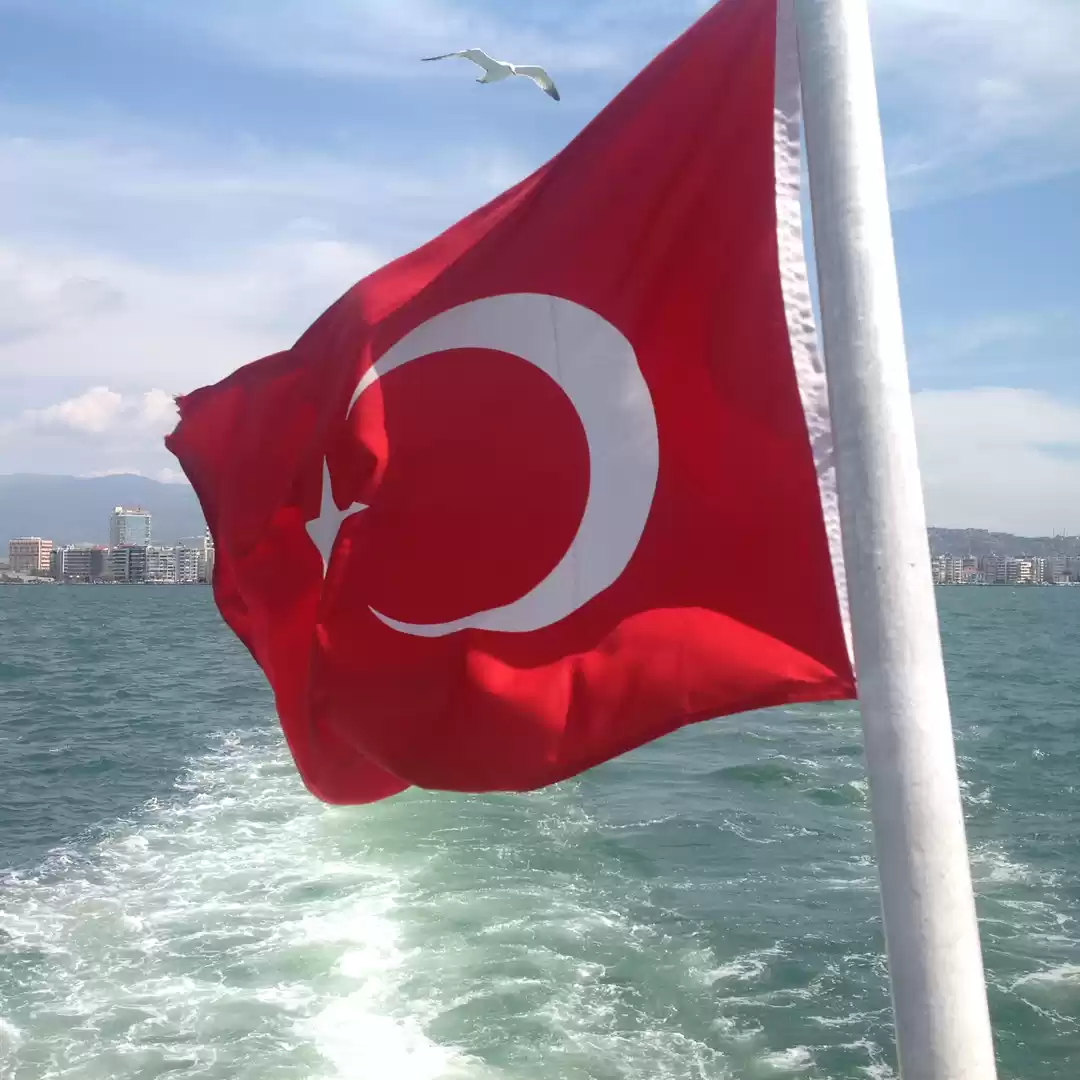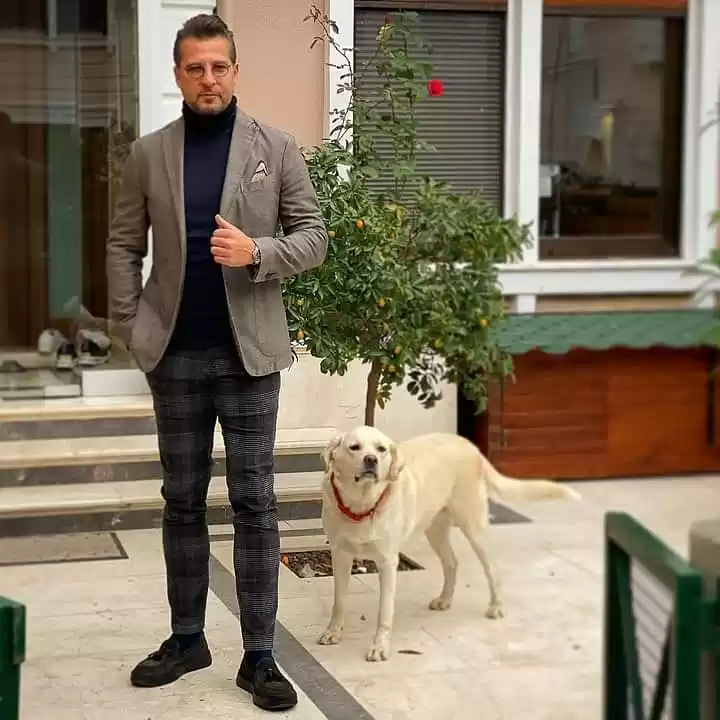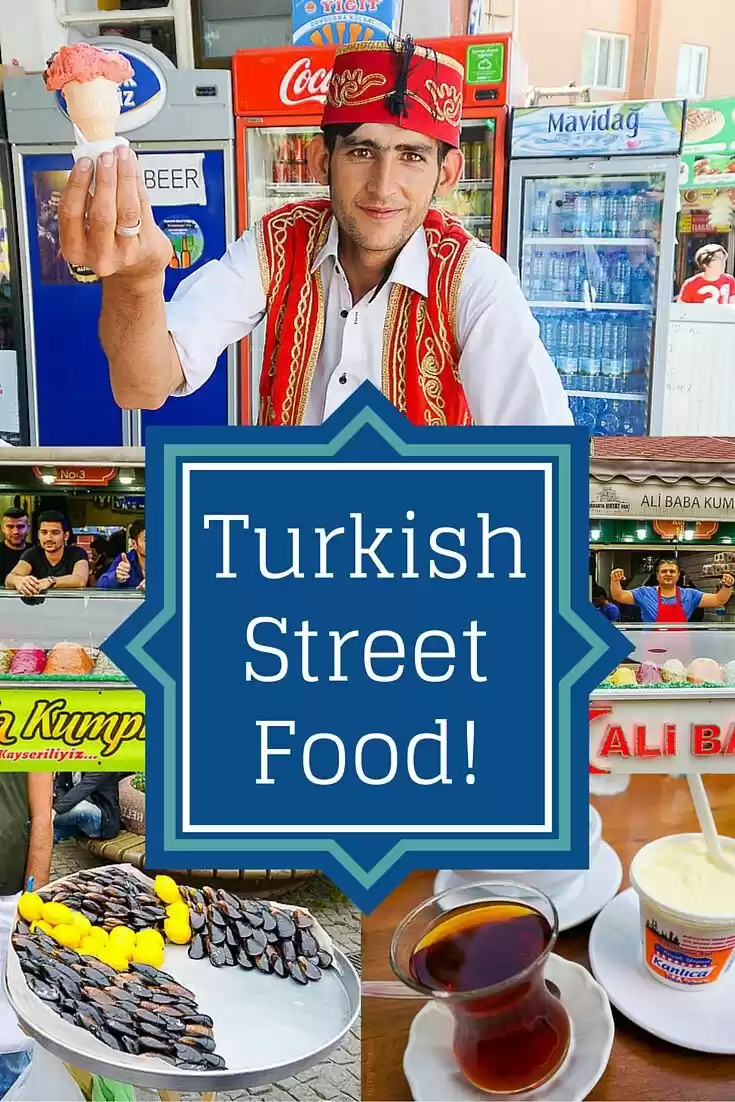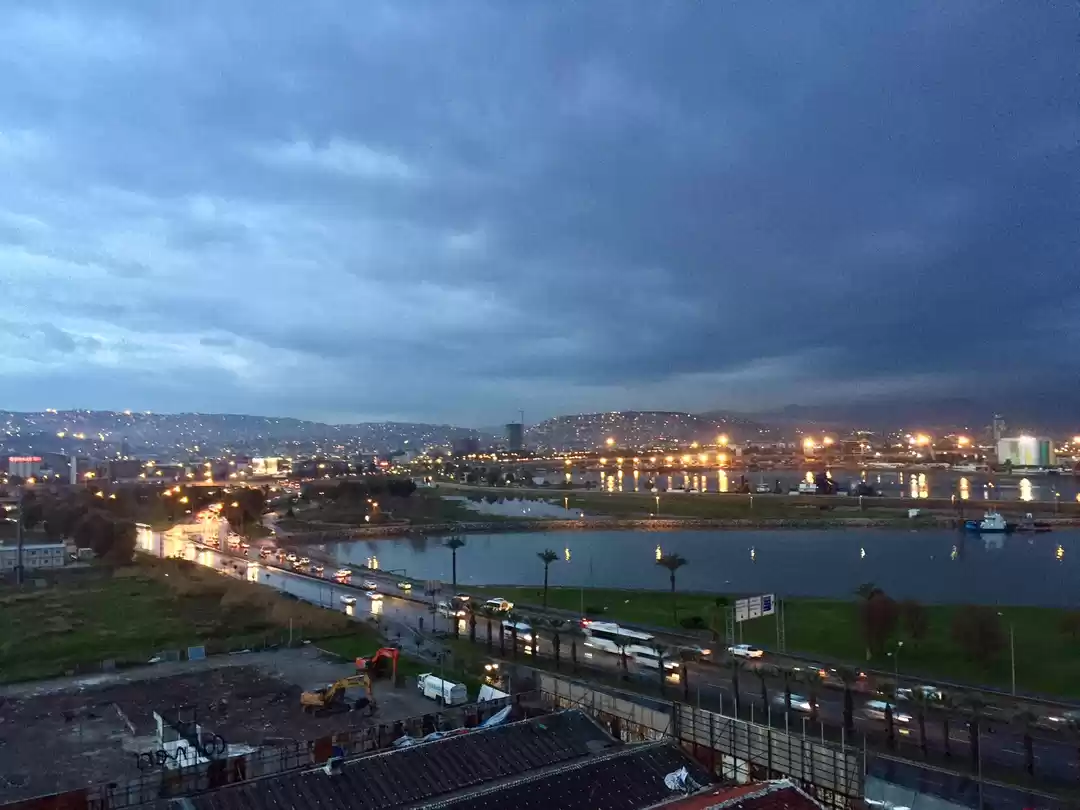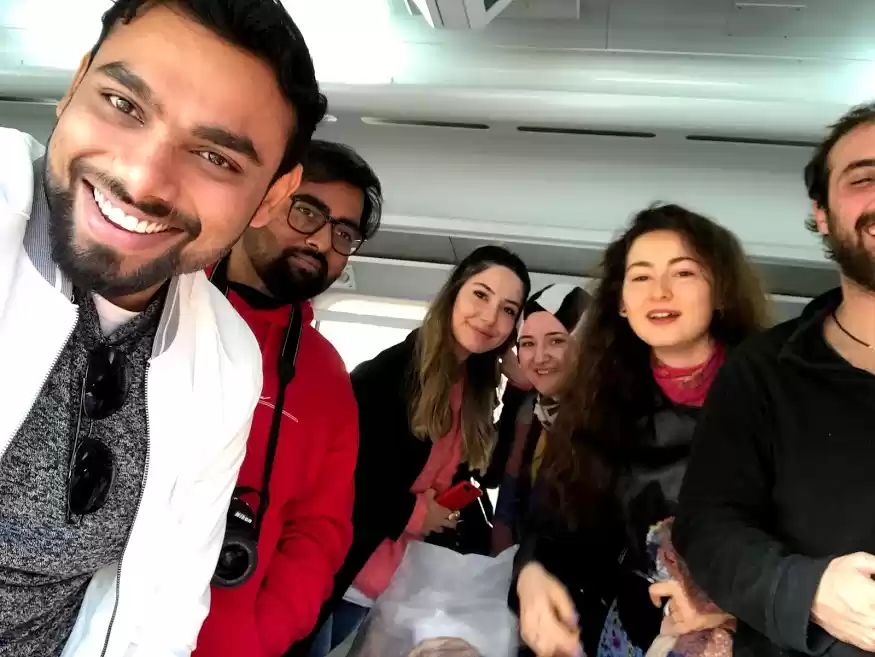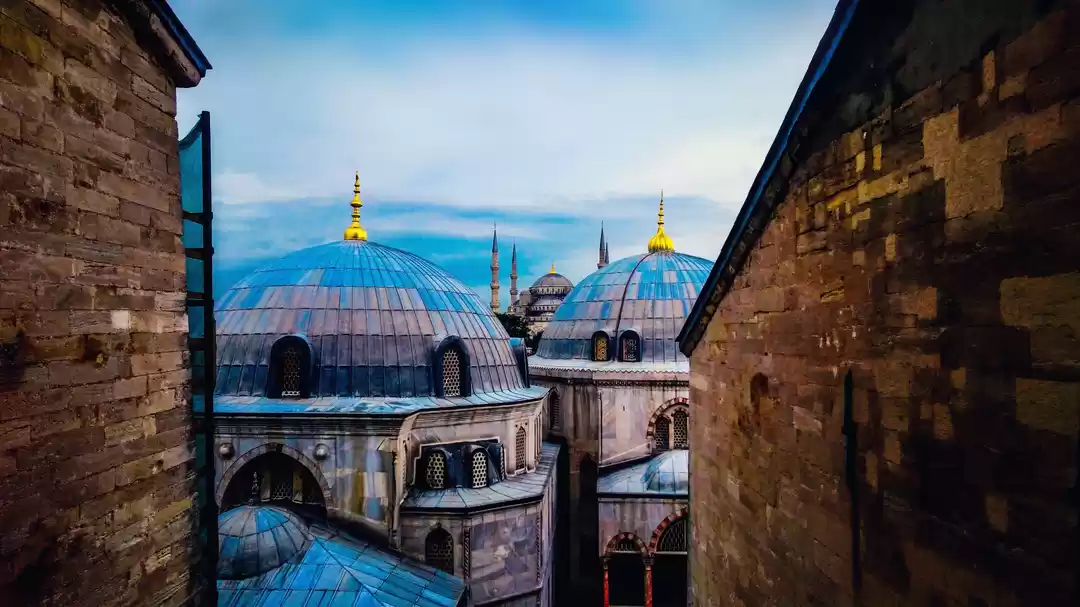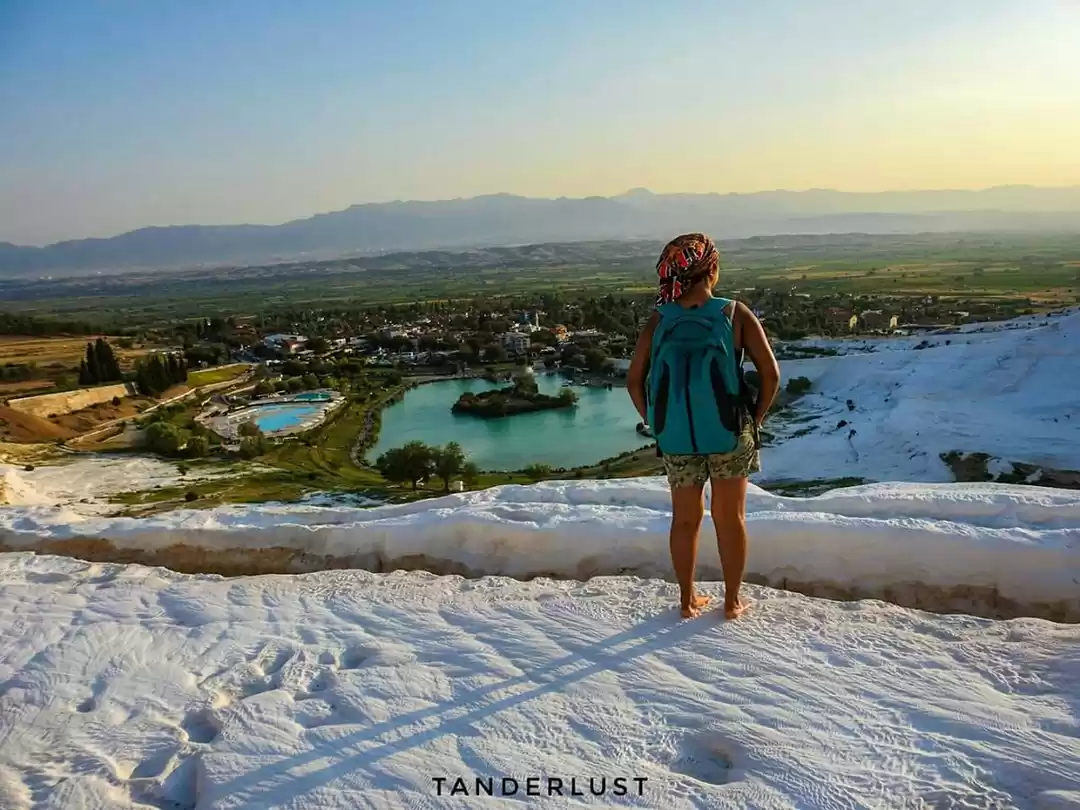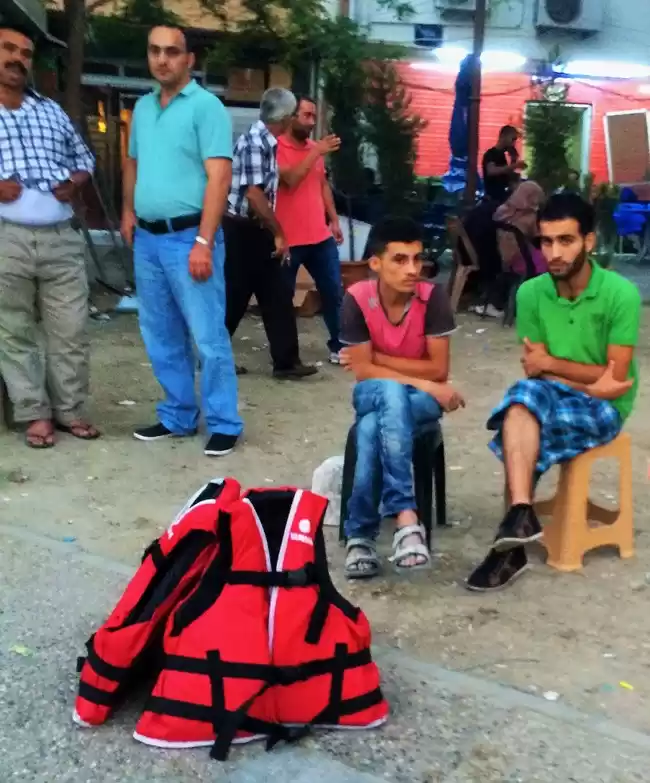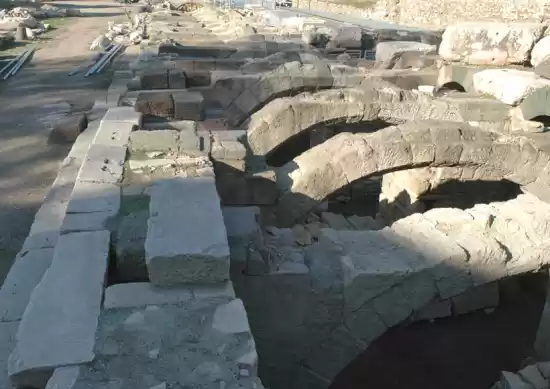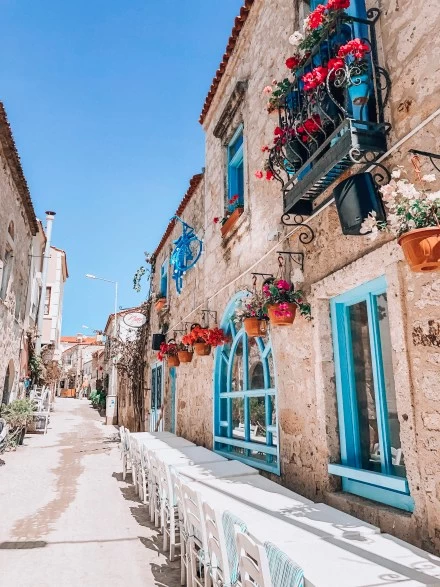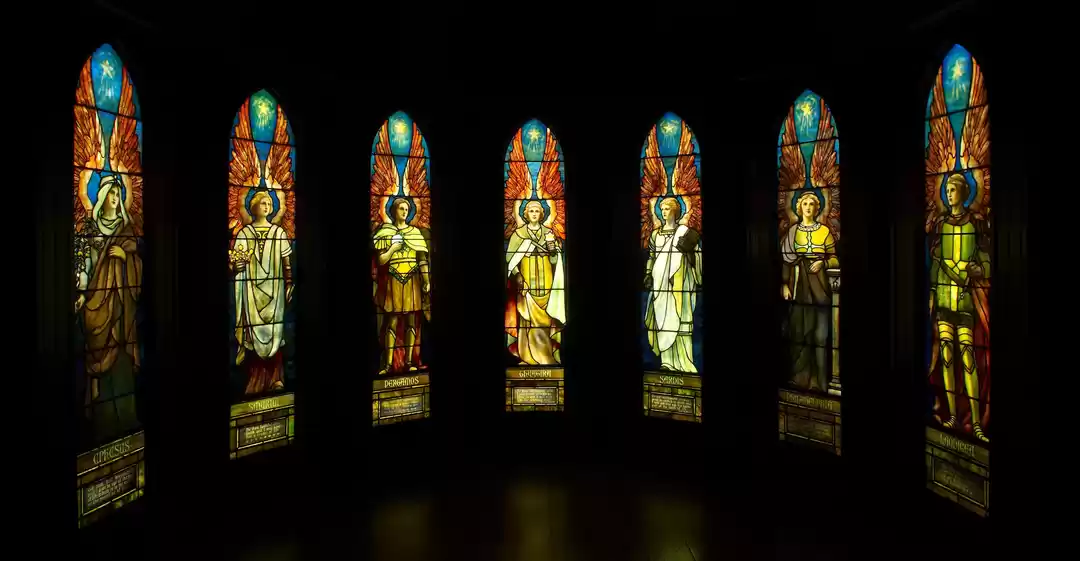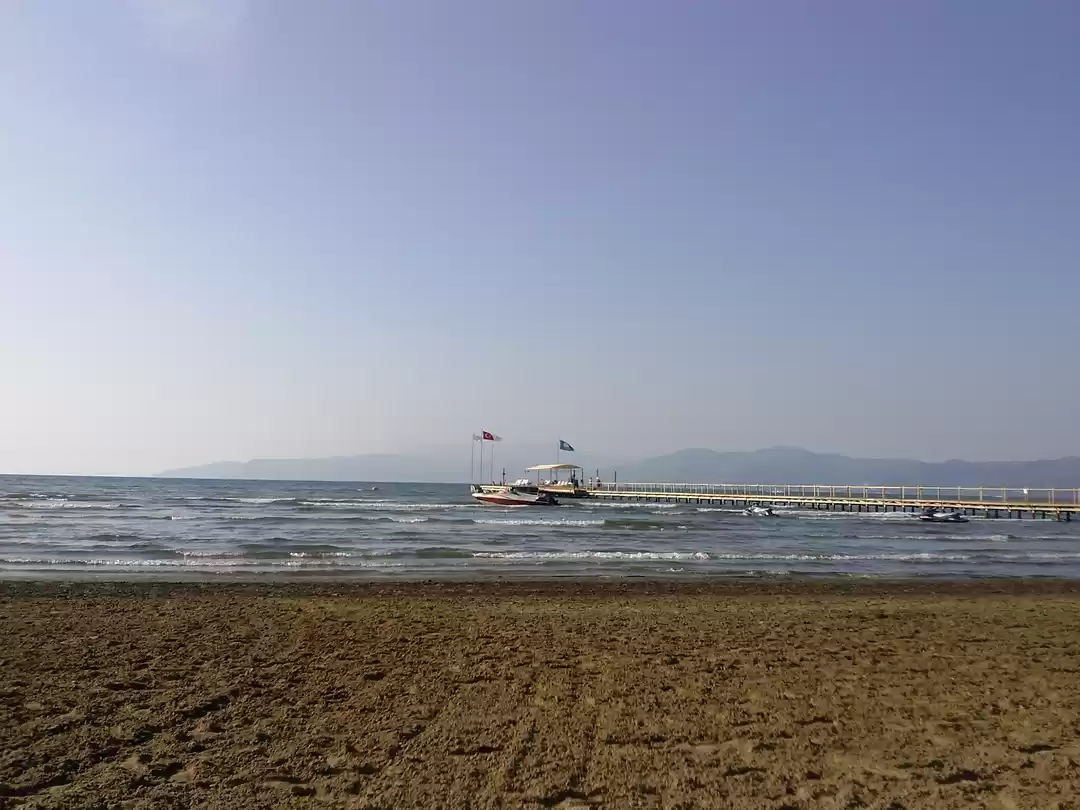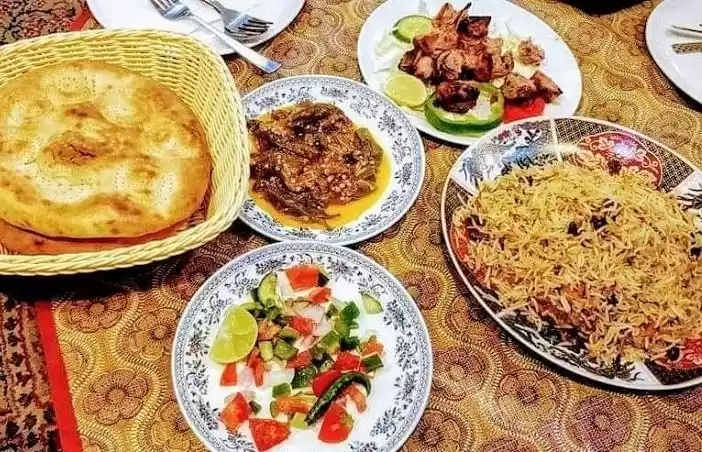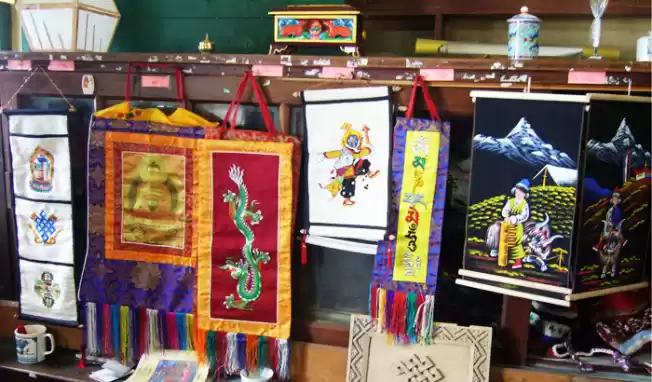A minibus driver picked us up from the edge of a picture-perfect beach in the Dilek National Park on the Aegean coast of Turkey. During our small-talk on macro-economics, he inquired how things were in my country. “One billion people?” - he didn’t hide his disbelief. And as if to show empathy, he said that things were not too great in Turkey either. Two million Syrians are in Turkey, he said.
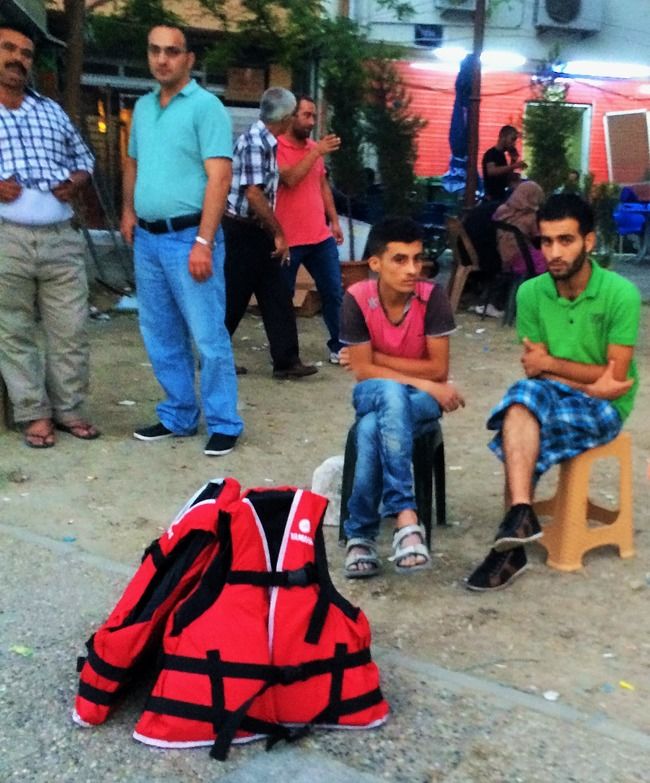
Two million. It is difficult to put that number into a perspective that doesn’t undermine the situation.
He pointed to the green silhouette of the Greek island of Samos at a distance, and said that the National Park that we had spent the day exploring, would transform into a transient camp of refugees at night, which is when Syrians fleeing Turkey attempt to cross the Aegean Sea in an inflatable boat. Sometimes, their boats would sink from the bullets from across the marine border, he explained in a very matter-of-fact sort of way. It was unclear if he was sympathetic. We didn’t ask.

That was in Guzelcamli, a small seaside town overlooking Greece. Moving on to Izmir, a bustling city of about 3 million people, and uncounted refugees.
There was a knot in my stomach as I walked past clothing shops displaying life-jackets for sale. Inflatable rafts, most designed to carry two people, three at most. Diesel motors lined-up on the street outside shops that sell tourist souvenirs inside. While the rest of the world debates the migrant/refugee lexicon, in Izmir the inflow of Syrians has decisively created a multi-million dollar "raft economy" that supplies provisions for their sometimes fatal exit across the border into the European Union.

The strain on the city is palpable. Mosques have transformed into camps with makeshift shelters and tents, put together from donated sheets and blankets. Syrian women beg on the streets, outside cafes and kebap shops, some with toddlers on their hips.
A heap of donated or collective clothing lay in the center of one of the camps we stumbled upon while looking for the Agora ruins. The streets in this neighborhood were devoid of the kind of bustle we encountered elsewhere in the city, and replaced with an eerie vibe of an uninviting ghetto. Young men rode around dangerously on loud motorcycles, often skidding to a stop as if to intimidate. Groups of men shuffled around nervously with a dodgy sense of purpose. However, bursts of life would reappear every now and then, in vegetable shops and playgrounds where children played as children do, uncomplaining; suitcases and cardboard boxes, relics of the journeys taken and those ahead, are perfectly acceptable toys.

We caught the last train out of Izmir that night with a heavy heart. The busy square outside the arterial Basmane station is where a big chunk of the refugee economy ensues, where smugglers congregate and solicit clients. Under the setting sun, men, women and children wait on the sidewalk holding black trash bags – a waterproof solution for their belongings. The apparent lack of guise or pretence was disarming. I naively wondered if they knew what lay ahead. Have they seen the pictures, heard the stories?
As travelers, we are often witness to the geopolitics of conflict. Both best and worst of humanity’s track record is often on display, sometimes lurking behind a façade of tourism. It is tough to be back home now and come to terms with whether I should have stayed and tried to help.
The day I left Turkey was the clearest, sunniest day so far. As I packed my backpack, I looked over the balcony into the tranquil turquoise sea. The Greek island across the Aegean had never appeared so vivid. For everyone else, the conditions were perfect to set sail or to take a cheap ferry across to Greece. The inflatable boats however, can only pass at night.
Frequent Searches Leading To This Page:-
turkey refugee crisis, turkey refugee crisis 2020, global refugee crisis turkey




